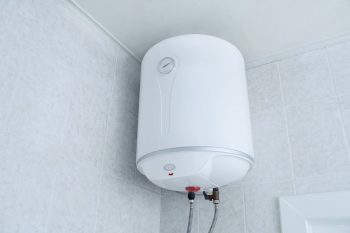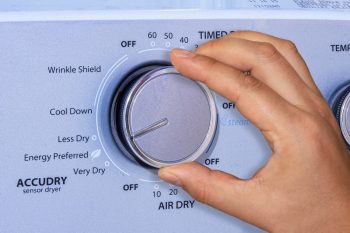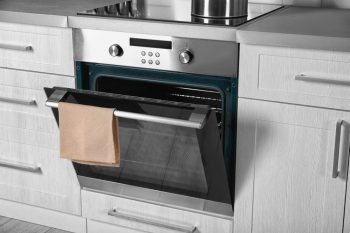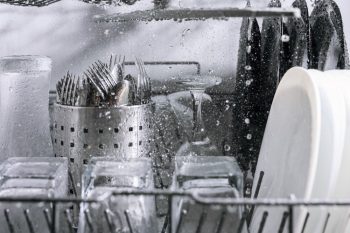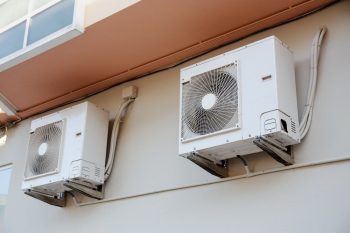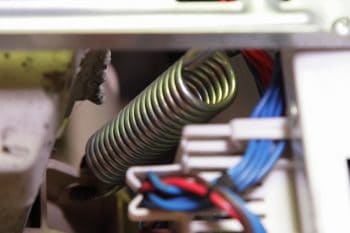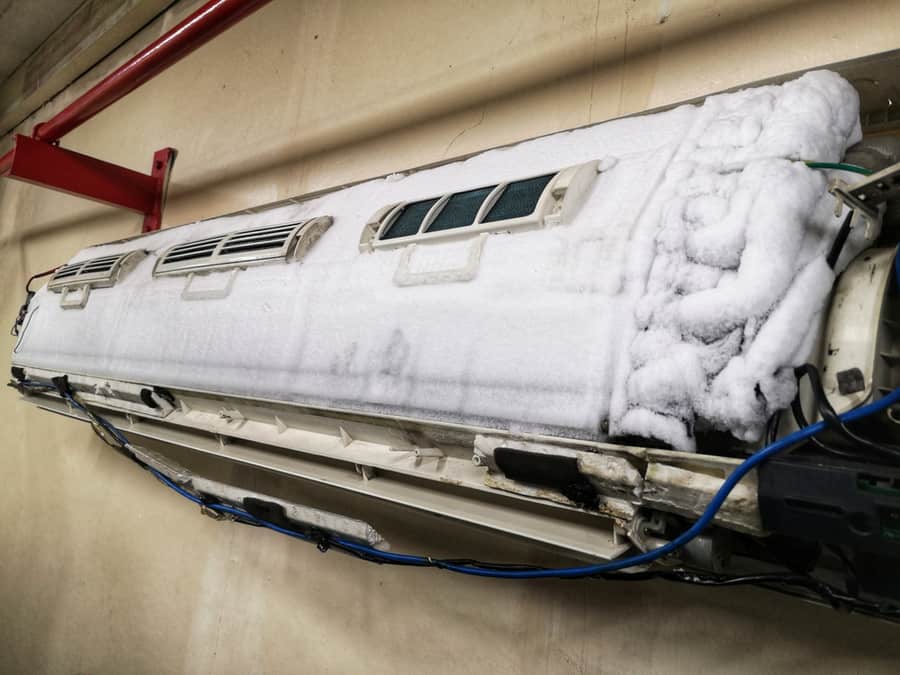
Your air conditioner uses a nifty contraption called an evaporator coil. This essential part creates a cold surface which produces cold air around it.
As the blower fan pushes this air out, you get cooler temperatures in your space.
While the evaporator coil can get impressively cold, it should never be frozen.
So if you find that your evaporator coil is covered in ice and frost, here are some potential reasons for the issue.
- Anything that blocks airflow will cause ice to form on the evaporator coils.
- In some cases, a refrigerant leak will also cause the evaporator coils to freeze over.
- Running your air conditioner in particularly low temperatures may also result to ice and frost on the coils.
- Routine cleaning and regular maintenance should help prevent the problem.
An air conditioner’s evaporator coil should be found outside the unit. To expose it, you’ll have to remove the unit’s enclosure.
True to its name, the evaporator coil should appear like a coil that runs back and forth, creating a wall of sorts. If you have a window-type air conditioner, you might actually see the evaporator coil through the back panel.
Reasons for a Frozen Evaporator Coil
1. Insufficient Airflow
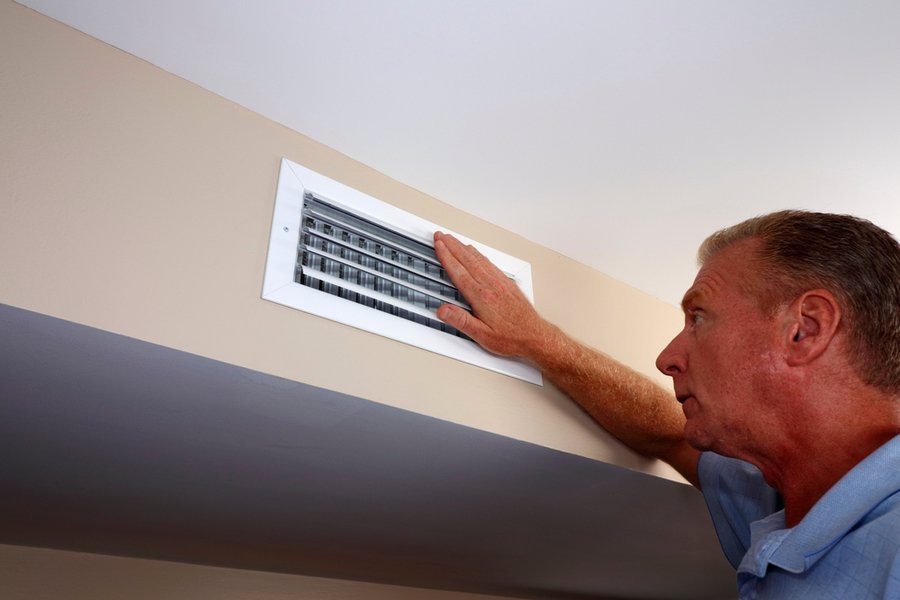
Poor airflow is actually the most common reason for a frozen evaporator coil. In fact, all of the reasons on this list obstruct airflow to some extent, causing frost and ice to form.
The way that an evaporator coil works is that it absorbs heat from ambient air and then produces a cool surface.
If the airflow to the coils isn’t sufficient, then it doesn’t have any heat to absorb. In turn, the coils may cool too much, causing it to freeze.
2. Accumulated Dirt on the Air Filter
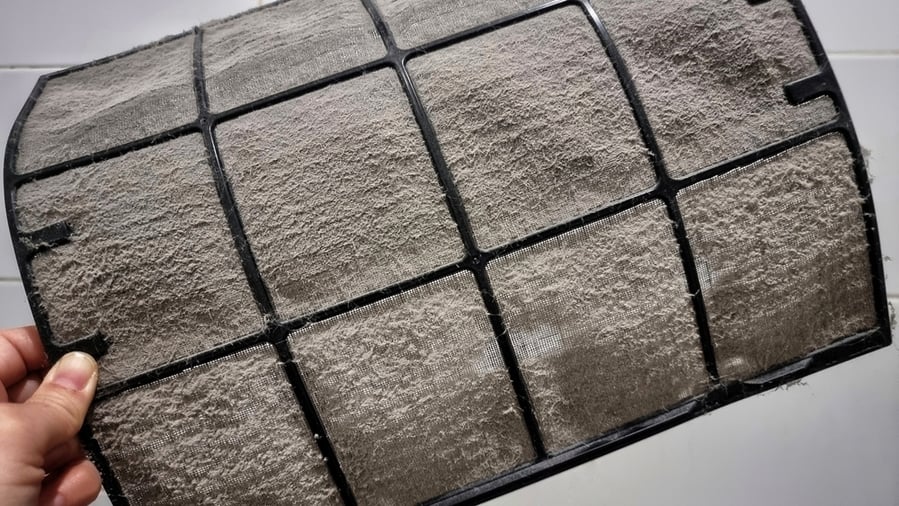
The air filter works to prevent particles from the ambient air from being sucked into the air conditioner’s internal workings.
When these particles accumulate on the filter, they can block air from entering the unit. Again, this restricts airflow to the coils.
3. Dirty Coils
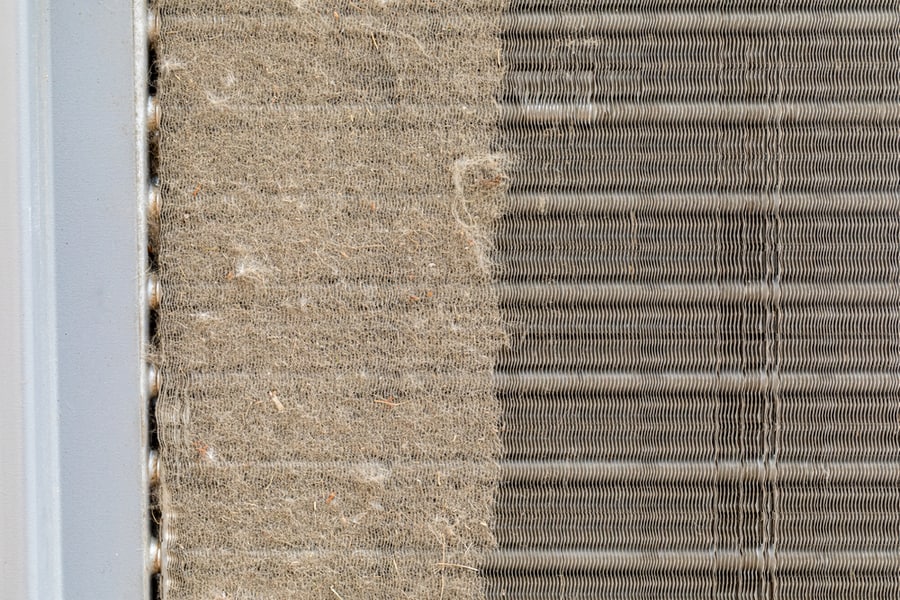
The air filter can only do so much. As the unit draws air from the outside, smaller dust particles manage to pass through the filters.
It’s also worth mentioning that although air conditioning units are designed to keep out as much dirt as possible, tiny openings all around the enclosure provide entry for dust and contamination.
These particles tend to cling to whatever is moist. And of course, because they’re often cold, the coils may produce some condensation. When this happens, dirt and dust will cling to the coils.
If they’re excessively covered in the contamination, airflow is yet again obstructed and the coils freeze for the lack of heat.
4. Blockage in the Drain Pipe
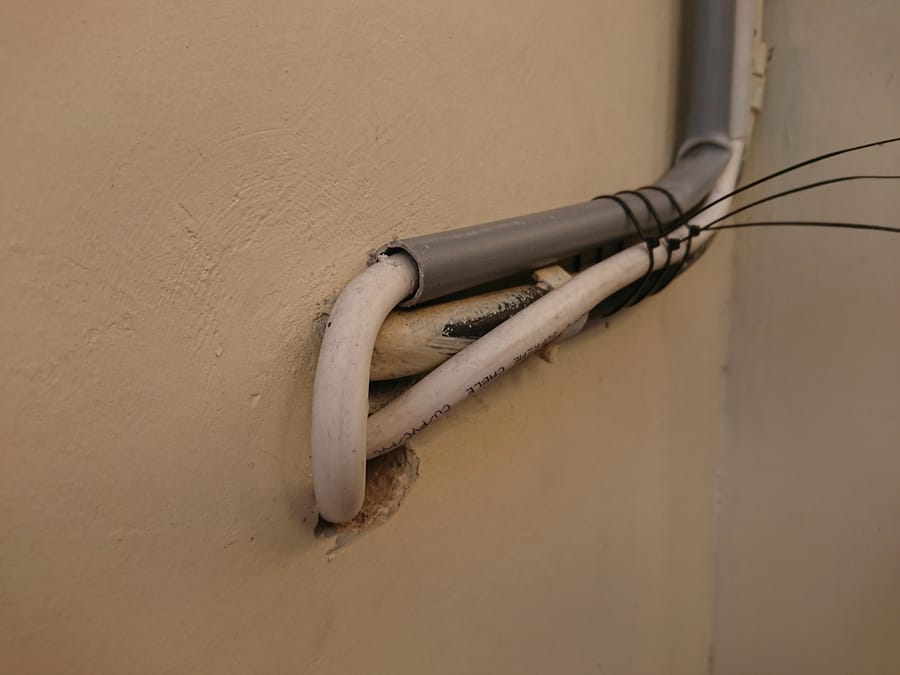
All air conditioner units have a drainage system that gets rid of condensation which is a normal byproduct of the cooling process. But when the drain is blocked, condensation may have no way out.
This accumulated water may then freeze over time, causing frost and ice to form on the surfaces of your coils.
5. Insufficient Refrigerant
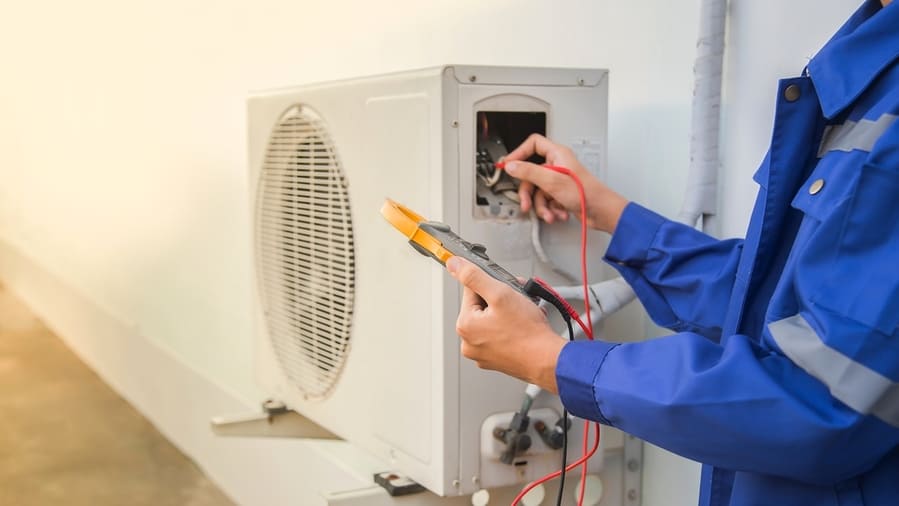
When your refrigerant is running low, your air conditioning unit may be forced to work harder to achieve the ideal temperatures.
This can cause the coils to reach especially low temperatures that consequently cause the coils to freeze.
6. Low Ambient Temperature
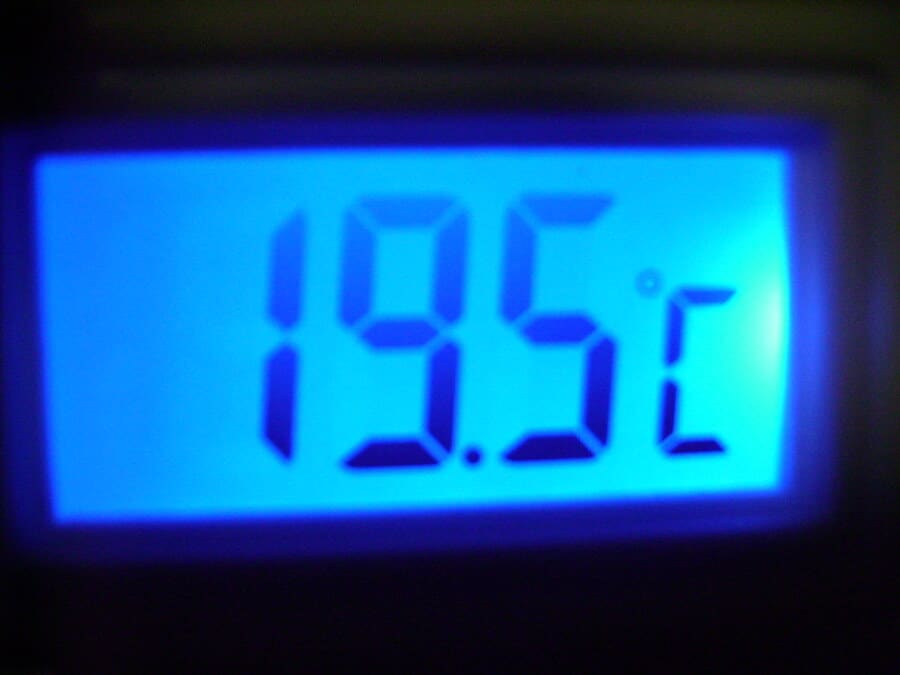
If the air around your air conditioner is already too low, then this could cause the coils to become particularly cold. Remember, these evaporator coils work by absorbing heat from the surrounding air.
If the ambient air temperature isn’t warm enough, it could contribute to the cooling process and make the coils a little too cold.
How To Fix Frozen Evaporator Coils
Most of the time, all you need to do is clean your air conditioner. Dirt in different parts of the unit can block airflow and prevent the coils from absorbing necessary heat.
If you’re not sure how to clean the unit, you can always call a professional to do it for you.
If the refrigerant is the culprit, consider having your unit checked for a leak. If ambient air temperatures are too cold, consider turning off your air conditioner.
You probably won’t need it to regulate internal conditions if outdoor temperatures cause it to freeze over.
Summary
Frozen air conditioner evaporator coils can impede efficient, proper functioning. So at the first sight of frost and ice, make sure to inspect your AC.
Fortunately, all you might have to do is get it cleaned. But just to be on the safe side, you might want to call in a pro.
Frequently Asked Questions
Can You Prevent Evaporator Coils From Freezing?
Yes. Routine cleaning keeps dirt and dust from blocking airflow.
Regular maintenance checks can also help you stay on top of potential issues like refrigerant leaks that could cause your evaporator coils to freeze over.
Will a Frozen Air Conditioner Fix Itself?
In a way, yes, it can. Turning the unit off can bring the evaporator coils back to ambient temperature, thus causing the ice and frost to melt off.
But if the reason for the problem isn’t resolved, the coils will freeze up again once the air conditioner is turned on.



